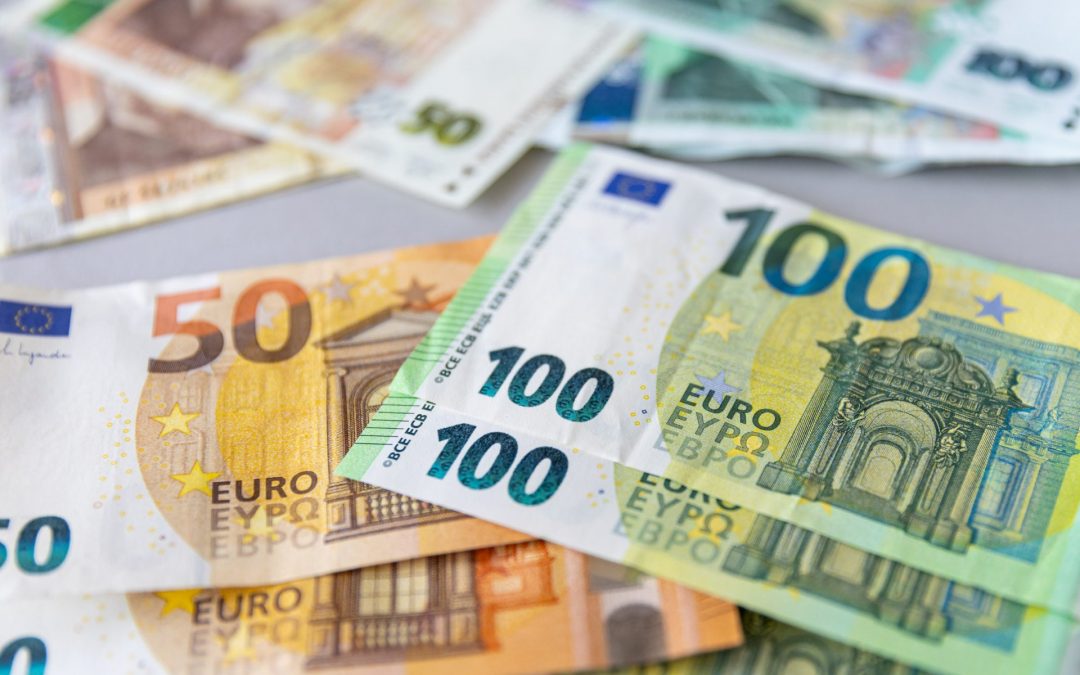Ukraine will have access to a loan from the frozen Russian assets. And a breakthrough in that direction is welcome at this week’s EU summit.
That is what Foreign Minister Lars Løkke Rasmussen (M) says on his way to a foreign ministers’ meeting in Luxembourg on Monday.
– We need to increase support for Ukraine. We need a breakthrough regarding a loan to Ukraine from the frozen Russian assets.
– Ukraine can defend itself, but needs financial support, says Løkke.
The President of the European Commission, Ursula von der Leyen, has proposed that Ukraine receives a “replacement loan” of 140 billion euros from the frozen Russian assets.
This must be repaid if Russia in return pays compensation after the war. However, it is uncertain whether Russia will agree to this as part of a peace agreement.
The funds are frozen in the financial market company Euroclear in Belgium. There are concerns that Russia could raise a compensation claim against Belgium if the funds are given to Ukraine.
Therefore, Belgium is pushing for all EU countries to guarantee the loan. This means that the taxpayers of the EU countries could ultimately end up repaying the loan if Ukraine cannot do so.
However, the European Commission maintains that the funds will simply remain frozen if Russia does not pay compensation. However, this may sound like the very confiscation that the EU’s own lawyers have ruled out as a possibility.
Therefore, Belgium is concerned.
However, EU countries are running out of options. Large EU countries like Germany and France are struggling with a weak economy, which hinders them from donating money directly to Ukraine, which will be short of funds by the end of the first quarter next year.
The hope is therefore that the heads of state and government of the EU countries will give a preliminary nod to the loan at this week’s EU summit in Brussels. Afterwards, the European Commission is expected to present a concrete proposal.
At Monday’s meeting, Denmark, by virtue of holding the EU presidency, is at the head of the table.
This is normally a role that requires neutrality, but this time Denmark will push for better burden-sharing among EU countries regarding support for Ukraine, says Løkke.
– Denmark provides significant support to Ukraine, but other EU countries can do more. We have a problem with burden-sharing, and we will raise that at the meeting, says Lars Løkke Rasmussen.
It is primarily Southern European countries like France and Spain that are holding back on support.
In contrast, the Northern European and Baltic countries are among those that give the most to Ukraine.
 go to the original language article
go to the original language article
